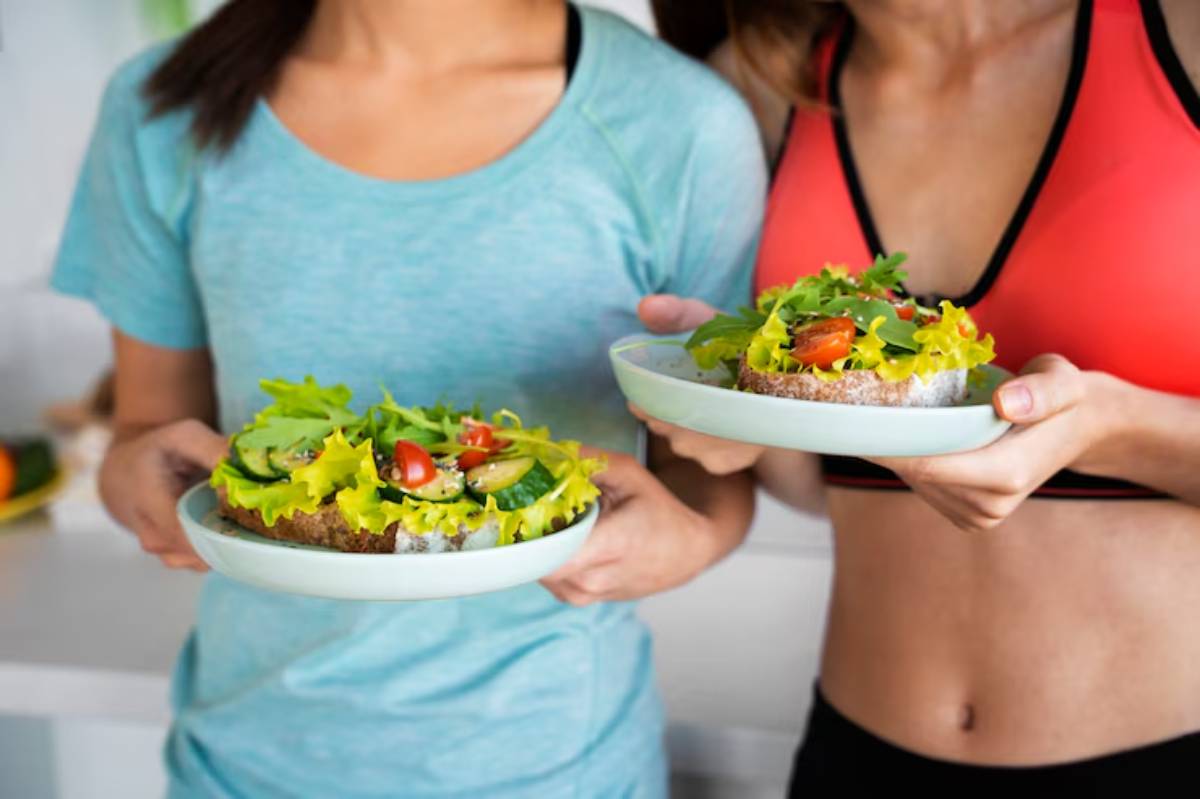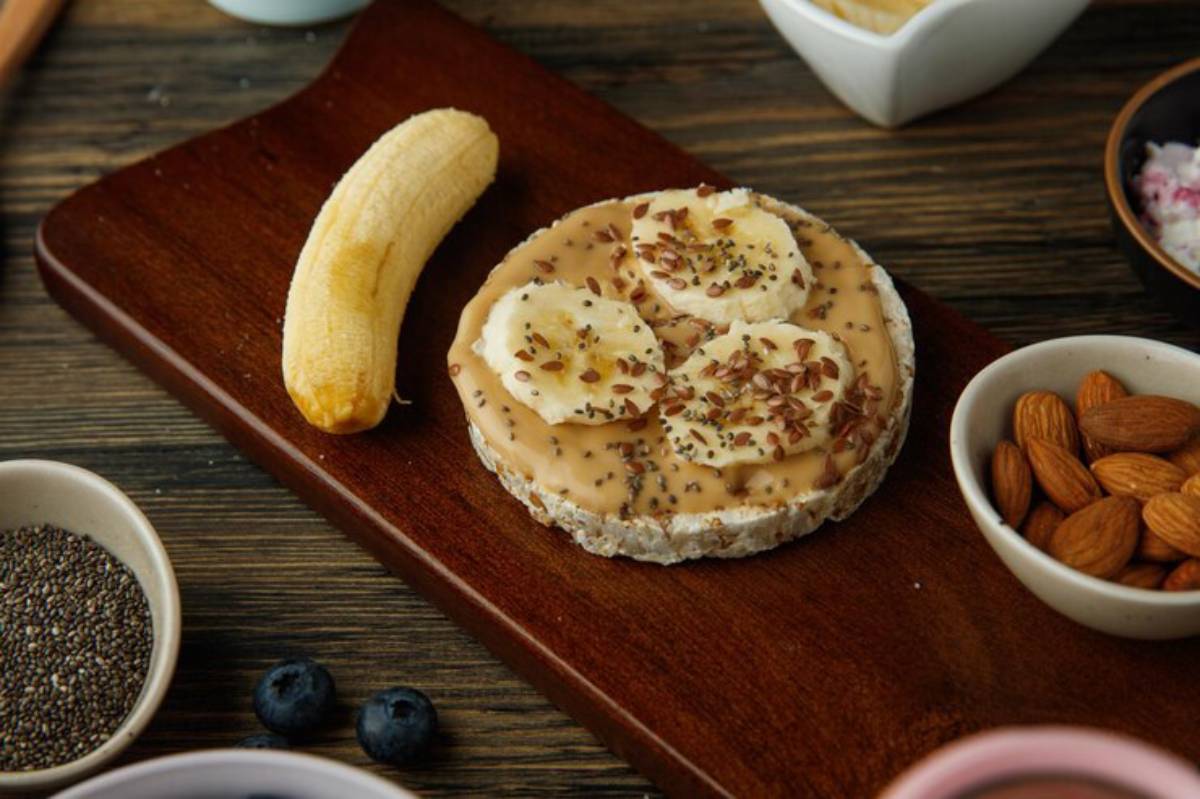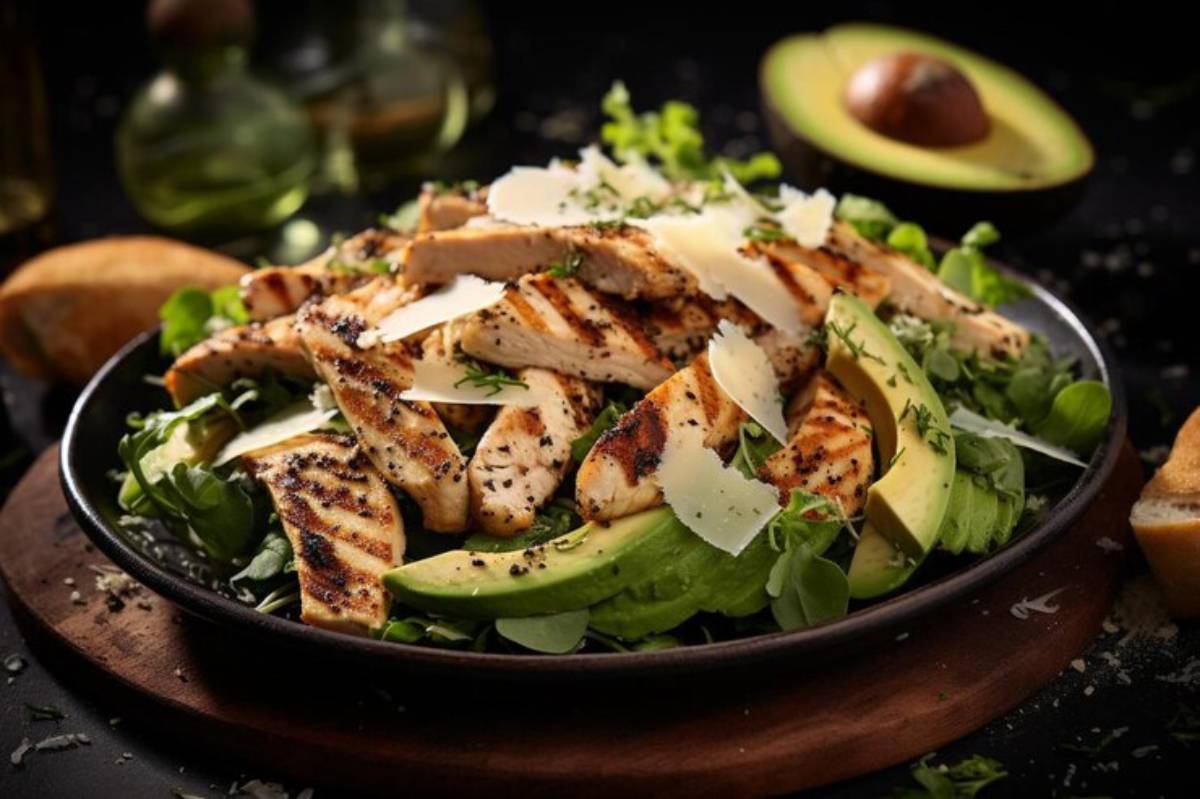
Should You Eat Fats Before Working Out?
If you’re serious about your fitness goals, you’ve probably fine-tuned your carb and protein intake around workouts. But what about fats? Should you be eating them before hitting the gym? It’s a question that often leaves even seasoned athletes scratching their heads.
In this blog, we’ll explore the role of fats and workouts, when and why to include healthy fat pre-workout, and whether slow-digesting foods are an advantage or a hurdle. You’ll leave with practical, actionable advice — minus the fluff — to power your performance. Let’s dive into the delicious (and often misunderstood) world of fats and fitness!
Understanding the Role of Fats in Energy Metabolism
How Your Body Uses Fats for Fuel
Unlike carbohydrates, which are your body’s go-to for quick bursts of energy, fats are a slow-burning fuel. They come into play during longer, moderate-intensity exercise sessions, such as endurance runs, cycling, or even long walks.
- Immediate Fuel: Carbs are king.
- Long-Term Fuel: Fats take centre stage.
Scientific Insight: According to the National Institutes of Health, fats contribute to energy production primarily during low to moderate-intensity exercise (source).
Pros of Eating Fats Before a Workout
1. Sustained Energy Release
Fats digest slowly, providing a steady stream of energy, perfect for longer workouts where endurance matters.
Example: Imagine preparing for a 90-minute hike. A small meal with healthy fats (like avocado toast) can keep you energised well into your trek.
2. Improved Satiety
Fat-rich meals can help you feel full and satisfied, preventing hunger pangs mid-workout.
3. Hormonal Support
Healthy fats are crucial for hormone production, including those involved in muscle growth and recovery.
Quick Tip: Incorporate moderate amounts of fats rather than going heavy, especially if you’re within 2 hours of training.
Cons of Eating Fats Before a Workout
1. Slower Digestion
Fats are slow to digest. Eating a fatty meal too close to exercise can leave you feeling heavy, sluggish, or even nauseous.
2. Delayed Carb Absorption
High fat intake can slow the digestion of carbs, delaying the energy surge you might need during intense sessions.
3. Risk of Gastrointestinal Discomfort
Fatty foods increase the chance of digestive upset, particularly during high-intensity or jarring movements like sprinting.
Pro Tip: Reserve heavier fat meals for when you have 3+ hours before training.
Best Healthy Fats Pre-Workout
Not all fats are created equal. Focus on healthy, easily digestible options.
Top Picks:

- Avocado
- Nut butters (in moderation)
- Chia seeds
- Almonds
- Olive oil (in light quantities)
Avoid:
- Fried foods
- Greasy fast food
- Heavy creams and butters
How Timing Affects Fat Intake
2-3 Hours Before Workout: Full Meal
Including fats is fine here as there’s enough time for digestion.
Meal Ideas:
- Grilled salmon with quinoa and roasted veggies
- Wholegrain wrap with turkey, avocado, and spinach
30-60 Minutes Before Workout: Light Snack
Stick to mainly carbs and protein with very minimal fats.
Snack Ideas:

- Banana with a small smear of almond butter
- Rice cakes with a thin layer of peanut butter
Learn more about Perfect Pre-Workout Snacks for Energy.
Matching Fat Intake to Your Workout Type
Strength Training
- Strategy: Moderate fat intake earlier in the day; minimal right before lifting.
- Reason: Carbs and protein support immediate performance; fats slow digestion.
Endurance Workouts
- Strategy: A small amount of healthy fat 2-3 hours before can sustain energy.
- Reason: Longer sessions benefit from slow-digesting energy sources.
HIIT (High-Intensity Interval Training)
- Strategy: Keep pre-workout fat intake very low.
- Reason: Quick energy is needed; fats are too slow.
Low-Intensity Sessions (e.g., yoga, walking)
- Strategy: Moderate fats are perfectly fine.
- Reason: Lower intensity = no urgent need for rapid-digesting energy.
Real-world case: Sophie, a marathon trainee, found that a breakfast with eggs and avocado kept her energised for her 2-hour weekend runs without needing mid-run snacks.
Practical Pre-Workout Meal Examples
2-3 Hours Before:

- Grilled chicken salad with avocado
- Wholegrain toast with eggs and a light drizzle of olive oil
30-60 Minutes Before:
- Low-fat yoghurt with berries
- Banana with a dab of almond butter
Common Mistakes When Eating Fats Pre-Workout
- Going too heavy: Avoid greasy, overly rich foods.
- Poor timing: Eating a high-fat meal within 30 minutes of training = sluggishness.
- Neglecting carbs and protein: Your meal should be balanced, not fat-dominant.
Tip: Think “balance” not “fat feast” before working out!
Myth Busting: Fats and Workouts
1. “Fats Make You Slow and Fat”
Truth: Healthy fats, when timed correctly, support endurance and satiety, not weight gain.
2. “You Should Never Eat Fats Before Exercise”
Truth: Timing is key. Moderate healthy fats 2-3 hours before can be beneficial.
3. “Fat Equals Bad Performance”
Truth: Excessive fats immediately pre-workout may hurt performance; moderate amounts spaced well are performance-enhancing for longer activities.
Key Takeaway:
- Moderate fats = Good 2-3 hours pre-workout.
- Minimal fats = Best 30-60 minutes pre-workout.
Should You Eat Fats Before Working Out?
So, what’s the final verdict? Should you include fats before you hit the gym?
Yes — but timing and quantity are everything. Healthy fats can offer sustained energy for longer sessions when eaten 2-3 hours before a workout. For shorter, high-intensity sessions, keep fat intake minimal closer to exercise.
Listen to your body, trial different meal setups, and find your personal “sweet spot”.
Now it’s your turn! Do you include fats before training? Have you noticed a difference in your performance? Share your experiences in the comments — we’d love to hear your story!